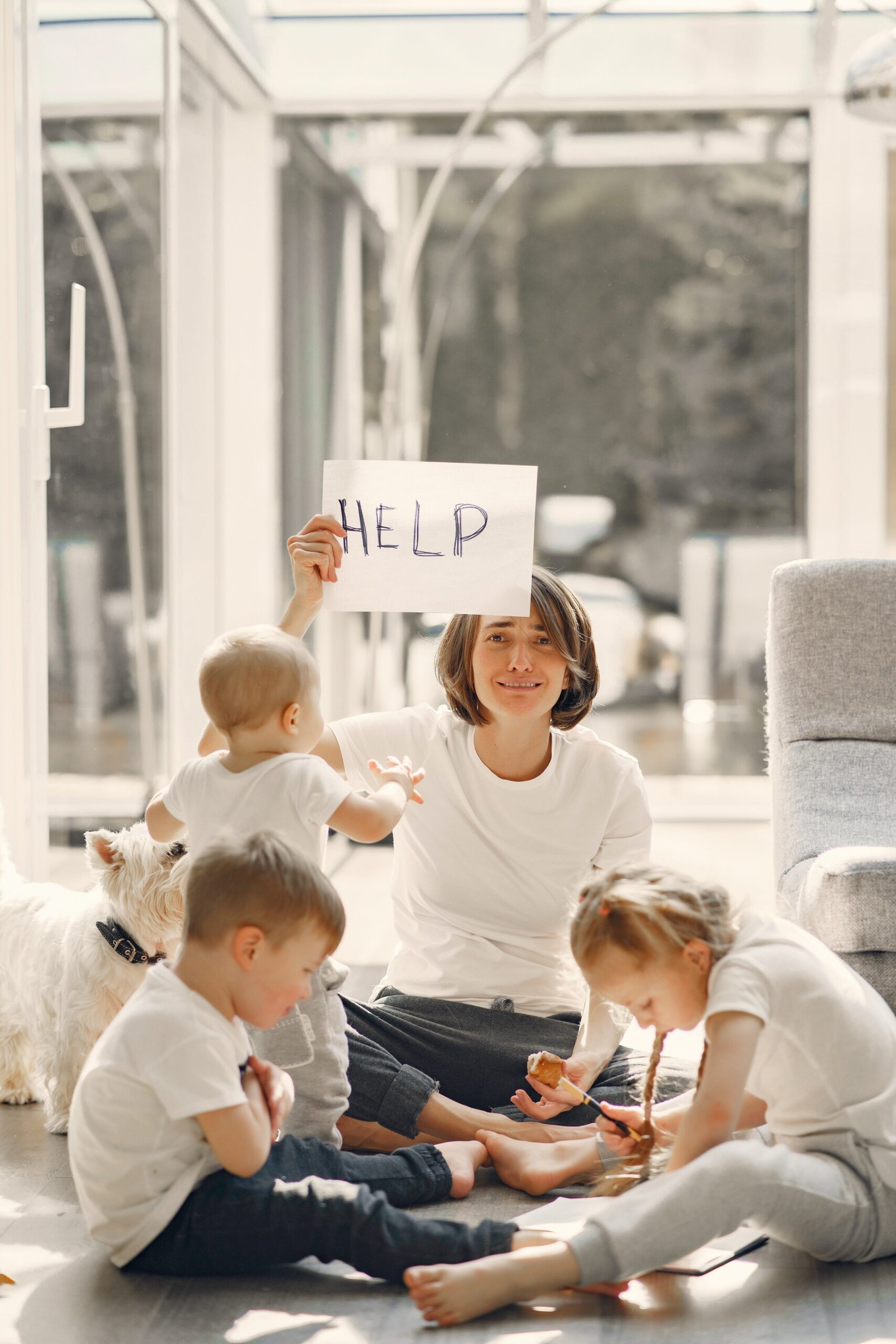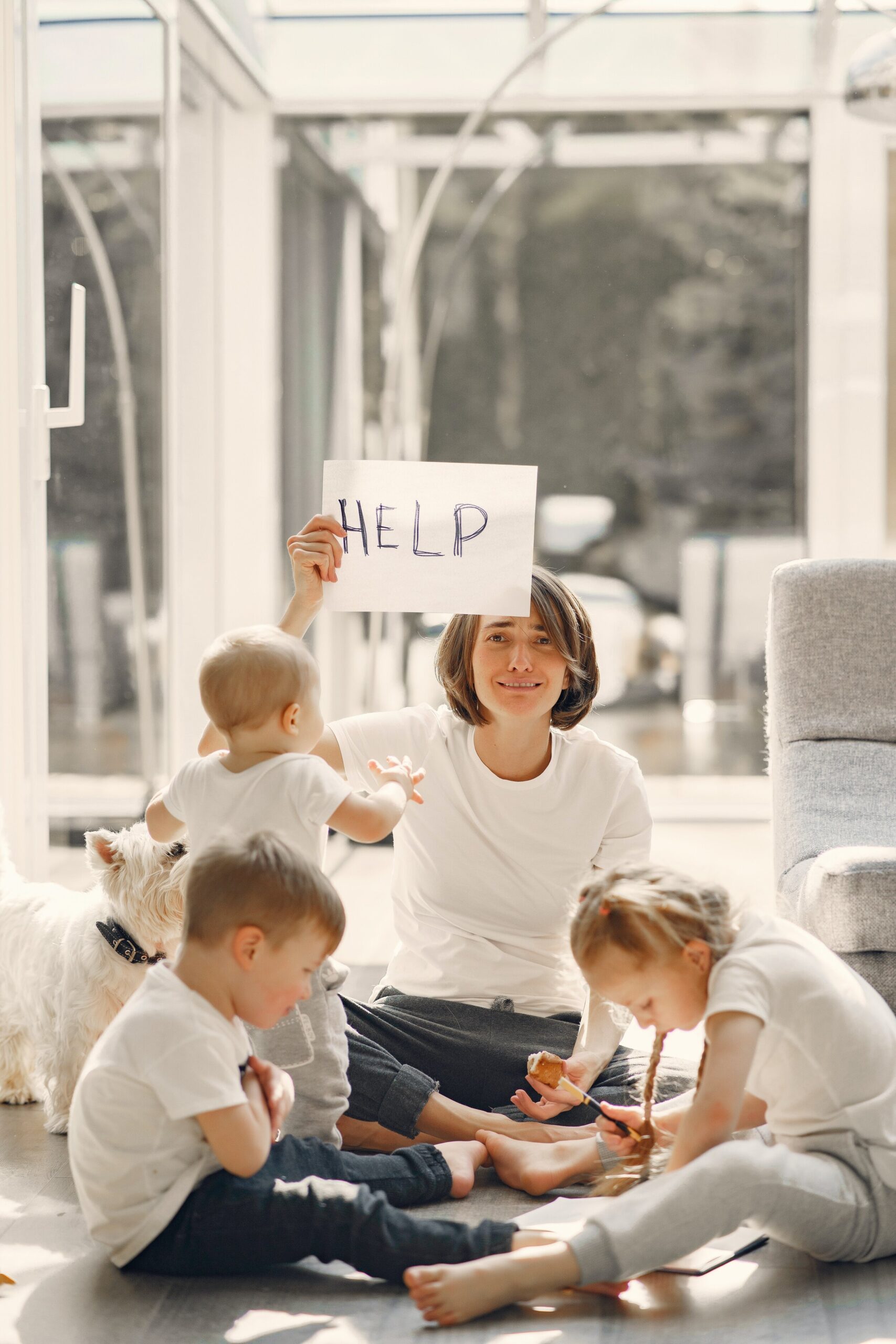
Most of us have a general idea about what to expect when our baby arrives. Sure, there is a huge learning curve, but we’ve probably done our research and learned to expect cluster feedings, sleepless nights, engorgement, even night sweats. However, even the most prepared of us can be blindsided by postpartum mental health issues ranging from anxiety to depression to psychosis. It is vitally important to familiarize yourself with each of your symptoms and share them with your support network. It may be hard to self-analyze if you’re in the throes of any of these, and your loved ones can help you identify where you’re struggling.
We’ve compiled an at-a-glance look to help identify whether you’re facing postpartum anxiety, depression, or psychosis.
As a reminder, you are an amazing mother. You are providing excellent care for your child, and you are never, ever alone.
While many of these symptoms are common in the proverbial 4th trimester, it’s crucial to keep an eye on how frequently you’re experiencing these feelings. An ongoing pattern may point to the need for a professional diagnosis.
-
Postpartum anxiety
-
Mood swings
-
Anxiety
-
Sadness
-
Irritability
-
Feeling overwhelmed
-
Crying
-
Reduced concentration
-
Appetite problems
-
Trouble sleeping
-
-
Postpartum depression
-
Depressed mood or severe mood swings
-
Excessive crying
-
Difficulty bonding with your baby
-
Withdrawing from family and friends
-
Loss of appetite or eating much more than usual
-
Inability to sleep (insomnia) or sleeping too much
-
Overwhelming fatigue or loss of energy
-
Reduced interest and pleasure in activities you used to enjoy
-
Intense irritability and anger
-
Feelings of worthlessness, shame, guilt, or inadequacy
-
Diminished ability to think clearly, concentrate or make decisions
-
Restlessness
-
Severe anxiety and panic attacks
-
Thoughts of harming yourself or your baby
-
Recurrent thoughts of death or suicide
-
-
Postpartum psychosis
-
Confusion and disorientation
-
Obsessive thoughts about your baby
-
Hallucinations and delusions
-
Sleep disturbances
-
Excessive energy and agitation
-
Paranoia
-
Attempts to harm yourself or your baby
-
It’s also important to note that postpartum anxiety, depression, and psychosis can develop up to a year after your baby arrives. It may seem easy to dismiss these symptoms as unrelated to postpartum mental health as the baby grows. Still, ever-evolving hormones may trigger chemical imbalances indicative of anxiety, depression, or psychosis.
Also, know that if you suffer from any of these conditions: YOU HAVE NOT DONE ANYTHING WRONG. While it’s all too easy to feel responsible or to blame for your mental health, we hope to free you from that trap. We hope that you will find renewed wholeness and joy in motherhood.

